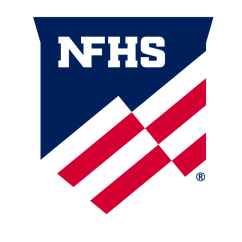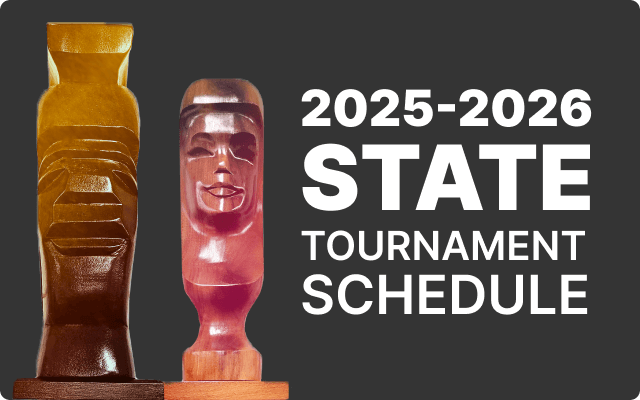The NFHS Voice

 The NFHS Voice
The NFHS Voice
Students’ Needs for High School Sports, Performing Arts Drives Decisions to Restart Programs
Dr. Karissa L. Niehoff, NFHS Executive Director
As leaders of state high school associations work with government, education and health leaders on a safe return of sports and other activities, some have questioned why those attempts are being made as the COVID-19 pandemic continues. We believe that reasoning differs among the various levels of sport in the United States.
A recent article in a major newspaper suggested that the COVID-19 pandemic had revealed that all levels of sport in the United States are professional, asserting that finances were driving decisions to keep sports afloat. While that may be the case for other levels of sport, that assessment of education-based sports and performing arts in our nation’s high schools is not accurate. That assertion – as it relates to high school sports – was driven by the belief that schools and state associations need to conduct football programs with fans in the stands to survive.
Certainly, revenue from high school football is crucial for schools and state associations, but finances are not driving decisions to return to play. Instead, the overarching reason that high schools and state associations are working with government, education and health leaders to offer these programs is that many students desperately need these activities. The experience of playing on a high school team may be one of the only positive aspects of their lives, and the high school coach or director of a speech or music group may be the only positive role model they have.
In some cases, the opportunity to play sports is the chief motivator to attend classes, graduate, obtain a job and begin a life on their own. Regardless of whether the structure is the same as in the past, or if the same number of games are played or even if state championships occur, the continuance of these programs is crucial. And, in recent meetings with leaders of state associations, finances or concerns about state championships are not the primary topic.
In all cases, minimizing risks to students, coaches, officials and others is the No. 1 consideration in conducting high school sports. However, with students now disengaged from activities for five months, the physical health concerns of the virus must be weighed against the psychological health concerns of being separated from school and activities.
Astate-by-state review of plans for conducting sports and activities substantiates the herculean efforts by state associations to offer all sports at some point during the 2020-21 school year.
The latest NFHS 2020-21 Sports Seasons Modifications map indicates that 31 state associations have altered their sports offerings to some degree for the coming year. Those modifications range from states that are delaying fall sports by a few weeks, to 10 states that will not be playing football until the winter or spring seasons, and five state associations (California, District of Columbia), Maryland, Nevada, Virginia) that will not have any sports until at least December.
Decisions on re-opening of schools have impacted plans on restarting activities by some state associations. In most cases, if schools have not returned to in-person learning and are continuing in a virtual format, sports and other activities are not permitted. It appears that some states may be reconsidering that stance; however, and given the right circumstances, this could open up activities for more students.
While some schools may be forced to start classes virtually, lower-risk sports such as golf, tennis and cross country (with modifications), which are conducted outdoors and have built-in physical distancing by the nature of the sport, may be acceptable.
In addition, the NFHS is one of two organizations leading an unprecedented national aerosol study, which is providing hope for music, speech and theatre programs to be conducted indoors. Additional information on this research will be released later this week and will be made available to schools nationwide.
These tough decisions and creative plans are enacted in many parts of the country with the hope that the spread of the virus diminishes and that these programs can be conducted sometime in 2020-21. Short of a vaccine, that hope can move closer to reality if we all wear a mask, practice social distancing and wash hands frequently – three fairly simple tasks that could help high school students take the field, court or stage this year.
Dr. Karissa L. Niehoff is in her seventh year as chief executive officer of the National Federation of State High School Associations (NFHS) in Indianapolis, Indiana. She is the first female to head the national leadership organization for high school athletics and performing arts activities and the sixth full-time executive director of the NFHS. She previously was executive director of the Connecticut Association of Schools-Connecticut Interscholastic Athletic Conference for seven years.









